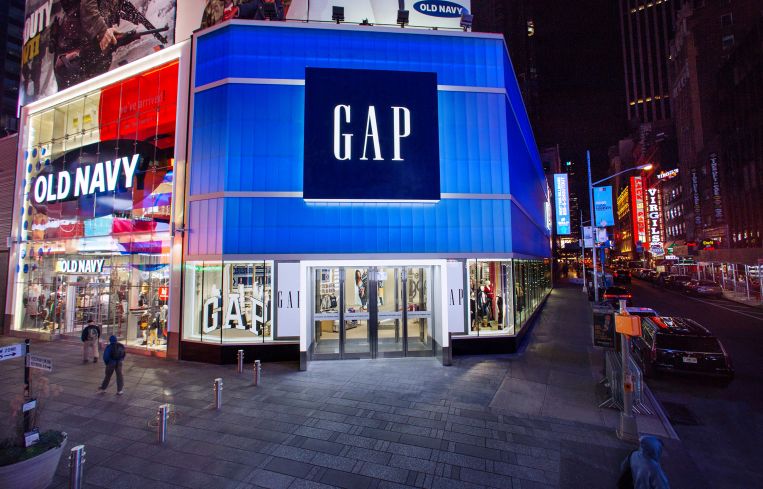Panera Bread, H&M, Foot Locker and Others Paying Zero in April Rent
By Chava Gourarie April 20, 2020 6:55 pm
reprints
With much of the nation in lockdown since March, many retail companies, from beloved local bars to ubiquitous fast-food chains, skipped their April rent.
And a new report shows just how widespread the rent strike was among national chains, and how uneven the impact of the virus-inflicted crisis has been. As of April 10, restaurant chains and retail companies across the United States had, on average, paid 44 percent of rent owed to their landlords, according to a report from Datex Property Solutions.
Most theater companies and gyms paid no rent at all, while big-box stores and supermarkets were fully paid up.
The report is based on verified collections from 113 retail tenant companies in the Datex client portfolios that pay more than $250,000 a year in rent or have 10 locations or more. The percentages are aggregated across all the tenant stores and while the portfolios are representative of various regions and asset types, they lean towards shopping centers and street retail, rather than enclosed malls, Mark Sigal, the CEO of Datex.
The companies that paid zero rent include all five theater companies on the list, most of the gyms, some fashion retailers like H&M, Foot Locker and Old Navy, bookseller Barnes & Noble, and some restaurants. By contrast, Barnes & Noble had paid 99 percent of its rent by March 10, LA Fitness had paid 84 percent, and Cinema Theaters had paid 100 percent.
Companies that were current on their rent, on the other hand, were mostly supermarkets, pharmacies and discount stores, including Walgreens, Trader Joe’s, and Price Chopper, which each paid 99 percent or more of their monthly rent bill.
Consumer retail was starkly split between stores that focus on more essential products versus discretionary goods. Home Depot and Target paid more than 95 percent of their rent, while Best Buy and GameStop paid 33 percent and 21 percent, respectively.
However, in some cases, there were drastic differences between stores in the same sector, with the most dramatic difference between Office Max, which paid all its rent and Staples, which paid none. Also, PetSmart paid 96 percent rent while rival PetCo paid 20 percent, and craft store Hobby Lobby paid 98 percent of its rent while Michael’s paid 33 percent. (Hobby Lobby reportedly kept stores open, despite shutdown orders, in several states during March).
Restaurants were all over the map. At the extremes, Chipotle was way up at the top, having paid more than 99 percent of its rent, while Panera Bread paid zero. Between the extremes, Panda Express paid just over half, while Subway and IHOP paid roughly 20 percent of their rent bills. As for coffee shops, Starbucks paid 90 percent of their rent, in line with the previous month, while Dunkin paid 54 percent.
Movie theaters have been hit especially hard, with all theaters closed nationwide since mid-March and AMC Theaters, the biggest movie exhibitor in the country, facing bankruptcy. All five theater companies on the list — AMC, Regal, Century, Cinepolis, and Harkins — paid zero rent.
Services were also varied, and interestingly, with the spectrum exemplified by mobile phone stores. Verizon was at the top at 90 percent; Sprint, T-Mobile and AT&T Wireless paid between 60 to 80 percent, and MetroPCS and Cricket paid under half of their rent.
While these trends held true for most stores, there were some outliers. Discount store Five Below paid no rent, for example, and department store JCPenney paid 96 percent of its rent.
These numbers are matched by the nationwide fall in retail sales, which dropped 8.7 percent between February and March, the largest decline since 1992, according to data from the Census Department. The declines and closures have been accompanied by historic levels of unemployment, as retail companies laid off or furloughed millions of employees.
And while some companies informed their property owners that they planned to bail on rent payments, many others simply ghosted their landlords.
With the lockdown in New York State, at least, still firmly in place as May 1 rolls around, it’s likely that tenants will continue to skip rent, though the rollout of some federal relief programs could mitigate some of the damage.



